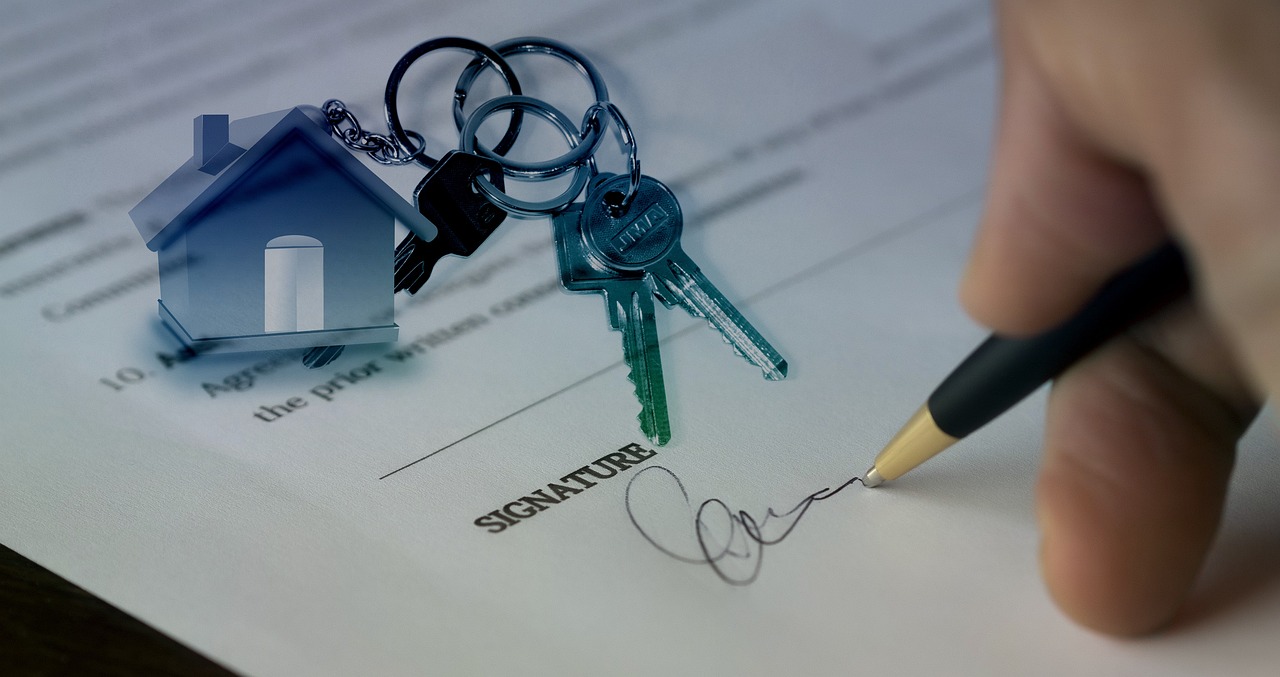Want to avoid the costly mistakes that trip up most first-time home buyers?
Every year, thousands of first-time buyers rush into the real estate market thinking they’re ready… Only to discover they’ve made expensive errors that could have been easily prevented. 90% of millennials have regrets about their first home purchase.
Here’s the thing:
Most of these mistakes stem from the same predictable oversights. But when you know what to watch out for, you can skip the learning curve and get it right the first time.
What you’ll discover:
- The Pre-Approval Trap That Costs Buyers Their Dream Homes
- Hidden Costs That Destroy First-Time Buyer Budgets
- Why Skipping the Home Inspection Is Financial Suicide
- Location Mistakes That Lead to Years of Regret
- Timeline Errors That Can Torpedo Your Purchase
The Pre-Approval Trap That Costs Buyers Their Dream Homes
Starting your house hunt without mortgage pre-approval is like shopping with a blindfold on.
It’s the biggest mistake first-time buyers make… And it happens more often than you’d think. First-time buyers dropped to just 24% of all home purchases in 2024 – a historic low that shows how challenging the market has become.
Here’s why this matters:
Without pre-approval, you’re essentially window shopping. You might fall in love with a house that’s completely outside your budget… Only to find out weeks later that you can’t actually afford it.
Pre-approval isn’t the same as pre-qualification either. Pre-qualification is just an estimate based on what you tell the lender. Pre-approval means they’ve actually verified your income, assets, and credit score.
Getting pre-approved gives you:
- A realistic budget that prevents heartbreak
- Serious buyer status with sellers and agents
- Faster closing once you find the right house
- Negotiating power in competitive markets
Don’t skip this critical first step. Talk to multiple lenders and get that pre-approval letter before you start looking at houses.
Hidden Costs That Destroy First-Time Buyer Budgets
Most first-time buyers think about the down payment and monthly mortgage… Then get blindsided by all the other costs.
But here’s what they don’t tell you:
The purchase price is just the beginning. Dozens of additional expenses can easily add $10,000-$20,000 to your final bill.
Smart Home Buyers in Virginia Beach know to budget for these hidden costs upfront. These expenses include closing costs, which typically run 2-5% of the purchase price, plus moving expenses, utility deposits, and immediate repairs or upgrades.
The hidden costs that catch buyers off guard:
- Closing costs (2-5% of purchase price)
- Home inspection and appraisal fees
- Title insurance and escrow fees
- Moving costs and utility deposits
- Immediate repairs and improvements
- Property taxes and homeowners’ insurance
Once you move in, you’ll need to budget for ongoing maintenance, utilities that might be higher than expected, and all those little things that make a house feel like home.
Create a detailed budget that includes all these costs before you start shopping.
Why Skipping the Home Inspection Is Financial Suicide
In competitive markets, some buyers think waiving the home inspection will make their offer more attractive.
This is a huge mistake.
A home inspection typically costs $300-$500… But skipping it can cost you tens of thousands in unexpected repairs. The inspection reveals problems you can’t see during a casual walkthrough – things like foundation issues, electrical problems, or roof damage.
What a good home inspection uncovers:
- Structural problems with the foundation or framing
- Electrical issues that could be dangerous or expensive
- Plumbing problems and water damage
- HVAC system condition and maintenance needs
- Roof condition and potential leak areas
If the inspection reveals major problems, you can use that information to negotiate repairs or a lower price. Or if the issues are too severe, you can walk away before it’s too late.
Never let anyone pressure you into skipping the inspection.
Location Mistakes That Lead to Years of Regret
You’ve probably heard “location, location, location” a million times… But first-time buyers still make location mistakes that haunt them for years.
Here’s what happens:
You find a house you love at a price you can afford. But you don’t research the neighborhood thoroughly… And later discover you hate the commute, the schools are terrible, or the area is declining.
86% of all buyers used real estate agents in 2024, which shows the value of professional guidance. But even with an agent, you need to do your neighborhood research.
Research these location factors before buying:
- Commute times during rush hour (not just off-peak)
- School quality and district boundaries
- Crime statistics and safety concerns
- Future development plans that could affect property values
- Local amenities and noise levels
Don’t just visit during the day on weekends. Drive through the neighborhood on weekday mornings and evenings to get a real feel for what living there would be like.
Even if you plan to stay forever, life changes. Choose a location that other buyers will want too.
Timeline Errors That Can Torpedo Your Purchase
First-time buyers often underestimate how long the process takes… Or they rush through important steps.
Both approaches can backfire.
The home buying process typically takes 30-60 days from offer to closing. But that assumes everything goes smoothly… Which it rarely does.
Common timeline mistakes include:
- Not starting the mortgage process early enough
- Rushing through home inspections and appraisals
- Making major financial changes during the process
- Not leaving buffer time for delays and complications
Start getting pre-approved at least 60 days before you want to close. That gives you time to shop for the best rates and terms without feeling pressured.
And whatever you do…
Don’t make any major financial changes during the process. Don’t buy a car, change jobs, or open new credit accounts. Lenders will check your credit again before closing, and any changes could derail your loan.
Wrapping It All Together
Buying your first home doesn’t have to be stressful or full of expensive surprises… If you know what mistakes to avoid.
The key is preparation. Get pre-approved early, budget for all the costs (not just the obvious ones), and don’t skip important steps like the home inspection. With typical first-time buyers now 38 years old and taking longer to save for homeownership, being prepared is more important than ever.
Remember:
- Start with pre-approval, not house hunting
- Budget for hidden costs that add up quickly
- Never skip the home inspection to save money
- Research the location thoroughly before committing
- Allow plenty of time for the process
- Work with experienced professionals who understand first-time buyers
Most importantly…
Don’t let the process overwhelm you. Yes, buying a home is a big decision… But millions of people do it successfully every year.
With the right preparation and realistic expectations, you can avoid the common pitfalls and get the keys to your first home without the regrets that trip up so many other first-time buyers.







Leave a Reply